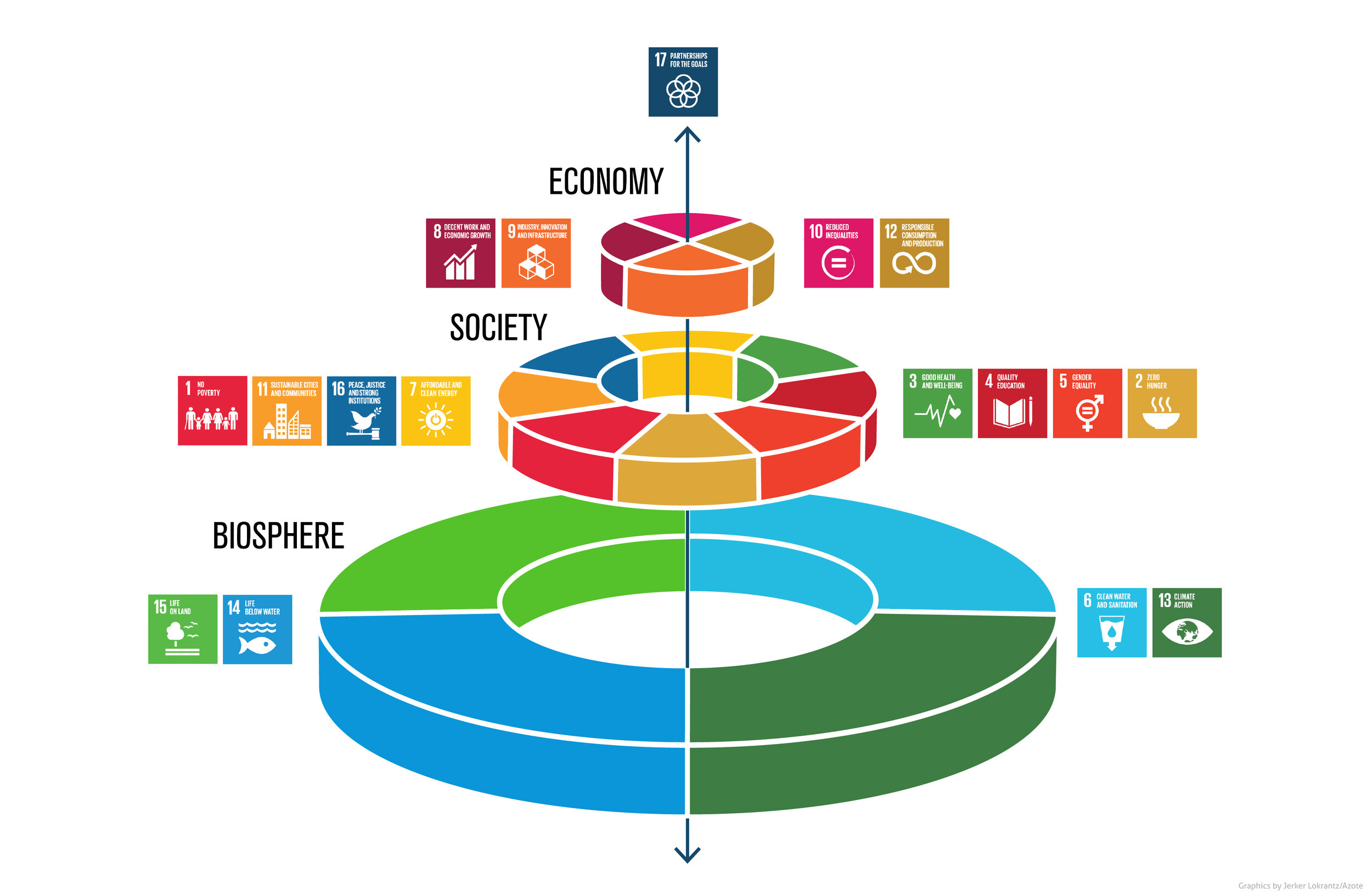Navigating the Anthropocene
We live in an age unlike any other, where humans have become the most powerful biophysical force on the planet. Every day, global, regional and local forces are reshaping our lives. How we respond is the greatest challenge of our time.
The scale and magnitude of ecosystem change requires that we quickly recognize context, identify patterns, understand power and influence, and work to "see" complex systems together. At SustainaMetrix, we build, apply and customize frameworks, tools and methods to sequence and prioritize what is needed to navigate and adapt to ecosystem change.
A 3-minute journey through the last 250 years of our history, from the start of the Industrial Revolution to the Rio+20 Summit. Commissioned by Planet Under Pressure for the Welcome to the Anthropocene website.
Our Mission
Like well-placed lighthouses along a rugged coast, we help our partners create a new navigation system for adapting to ecosystem change.
We start by understanding the ecosystem context, the social, economic and governance systems dependent on the environment within which they operate. We work together to identify possible paths toward transformation of those dependent systems toward a sustainable future.
Our Team
SustainaMetrix is a leader in transformations systems , an interdisciplinary team of experts, practitioners, academics, artists, and philosophers working at the front lines of global change. We bring expertise in science, engineering, art and technology together to address the complex challenges our partners face when navigating systems change. Together we are creating frameworks and maps that help communities and people see and understand the conditions around us, from social networks to economic systems to land use patterns to human-scale geographies to systems we are just beginning to see. In our work, we use any and all tools available, including ArcGIS, Kumu, Shapeable, 7Vortex, and Greater than the Sum. Our mission is rooted in the UN Sustainable Development Goals (pictured, right, in a “wedding cake” format to illustrate the relationships between economy, society, and biosphere-focused SDGs).
Our Work
We began this journey in 2007, in the middle of what was then the hottest decade ever recorded -- a perfect time to launch an organization committed to developing and applying transformative practices for responding to a rapidly changing world.
Some of our early partners included the Ocean Carbon Biogeochemistry Program at Woods Hole Oceanographic Institution, Tufts Institute for the Environment at Tufts University, the Irish Maritime and Energy Resource Cluster at the National Maritime College of Ireland, United Nations Office for Project Services, and the Coral Reef Conservation Program at the US National Oceanographic and Atmospheric Administration.
We worked with these partners and many others on activities such as developmental evaluation, mapping of learning journeys, building adaptive capacity, scenario planning, and reflection. Our focus is on both process and outcomes. We are systems thinkers, who work across disciplines, sectors, and scales to help navigate the extraordinary, rapidly changing world of the Anthropocene.
Some of our more recent partners include Kofi Agbogah, who’s based in the Western Region of Ghana. Glenn worked with Kofi for 5 years to launch the initiative called Hen Mpoano, or Our Coast Our Future. (Check out the report, pictured at left, here). Another major collaborator is Per Olsson of the Stockholm Resilience Center in Sweden, who worked with Glenn to co-launch the Transformations Systems Mapping & Analysis Working Group (see https://bluemarbleeval.org/network/transformations-systems-working-group). We’ve also worked closely with Alan Furth, the Founder of the Cobscook Community Learning Center (now Cobscook Institute) a non-traditional school focused on transforming rural education (see this video). Isabel Carlisle, leader of the Bioregional learning Center in South Devon, UK, co-led a learning journey with Glenn. (See this document for more on the South Devon Bioregional Learning Journey). Heather Grady of the Rockefeller Philanthropy Advisors also worked with Glenn to lead a workshop for some of the largest philanthropies in the world as part of their “Scaling Solutions toward Shifting Systems Initiative.” (See this link). As of September 2020-January 2021, Glenn is currently leading an online course with 36 participants entitled “The Story of Place: How to Build a Bioregional Macroscope.” (See this link for a Story Map outlining the course) This course has been designed as an overall framework that can be tailored to the needs of a region or nation. It is being implemented with representatives from five bioregions from the Gulf of Maine and Scotland/United Kingdom.



